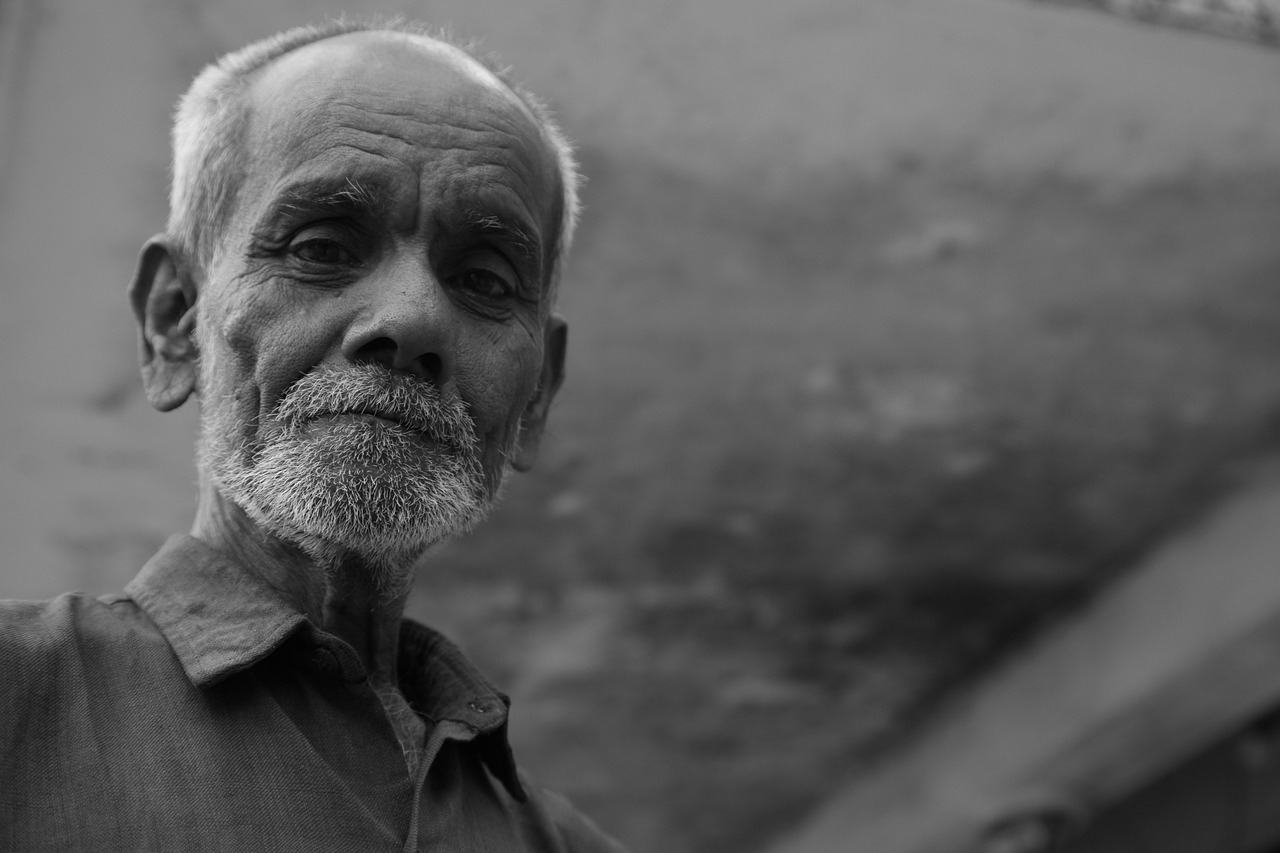The Role of Campaign Finance Reform in Strengthening Democracy
Campaign finance reform is essential in order to restore the balance of power in our political system. The influence of money in politics has reached alarming levels, with wealthy individuals and special interest groups wielding disproportionate power over elections and policymaking. Without reform measures in place, our democracy is at risk of being controlled by those with the deepest pockets, rather than being truly representative of the will of the people.
Unlimited political spending poses a direct threat to the integrity of our electoral process by allowing a small minority to drown out the voices of the majority. The current system allows for massive amounts of money to flow into campaigns, leading to a situation where politicians may be more focused on pleasing their wealthy donors than serving the interests of their constituents. Without campaign finance reform, the very foundation of our democracy is undermined, as the ideals of fairness, equality, and transparency are eroded by the overwhelming influence of money in politics.
The Influence of Money in Politics
The role of money in politics is undeniable, with significant implications for the democratic process. Contributions from wealthy donors and powerful interest groups often lead to unequal influence over political decision-making. When money shapes policy outcomes and political campaigns, the voices of average citizens can be drowned out by those with deep pockets. This imbalance can erode the foundations of democracy and undermine public trust in the political system.
Moreover, the influx of money in politics can create a breeding ground for corruption and unethical behavior among elected officials. The potential for financial contributions to sway politicians’ decisions raises concerns about whose interests are truly being represented in government. When money exerts undue influence on lawmakers, the priorities of the electorate may be overshadowed by the agendas of special interests. The pervasive presence of money in politics highlights the need for meaningful campaign finance reform to address these underlying issues and safeguard the integrity of the democratic process.
Challenges Posed by Unlimited Political Spending
Unlimited political spending has become a significant challenge in modern democracies. The influx of money into campaigns has created a system where wealthy individuals and corporations can exert disproportionate influence over political decisions. This leads to a perception that policies are being shaped to cater to the interests of those with the most financial resources, rather than the needs of the general population.
Moreover, the unrestricted flow of money in politics can undermine the principle of equality in the democratic process. When certain groups or individuals are able to pour vast amounts of money into campaigns, it can drown out the voices of ordinary citizens who may not have the financial means to compete. This can lead to a situation where the views and priorities of the majority are overshadowed by the agendas of a select few who are able to bankroll political campaigns.
• The ability of wealthy individuals and corporations to influence political decisions
• Perception that policies are shaped to cater to the interests of those with financial resources
• Undermining the principle of equality in the democratic process
• Drowning out the voices of ordinary citizens in political campaigns
• Prioritizing agendas of a select few over views and priorities of the majority
Why is campaign finance reform needed?
Campaign finance reform is needed to reduce the influence of money in politics, ensure fair and competitive elections, and promote transparency and accountability in the political process.
How does unlimited political spending influence politics?
Unlimited political spending can give wealthy individuals and special interest groups disproportionate influence over elections and policy decisions, potentially undermining the will of the voters and favoring those with deep pockets.
What are some challenges posed by unlimited political spending?
Some challenges posed by unlimited political spending include the potential for corruption, lack of transparency in campaign funding sources, and the need for candidates to spend more time fundraising rather than focusing on the issues that matter to voters.







